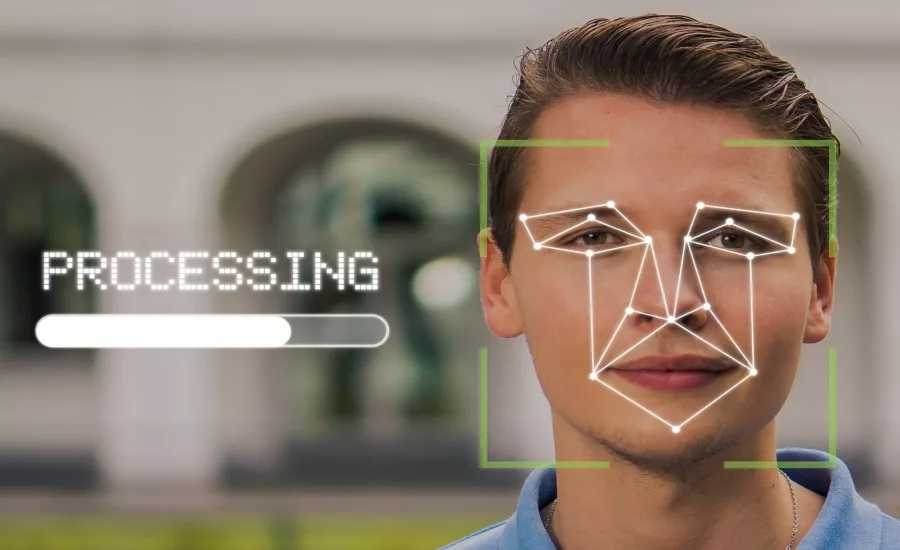Greek police to introduce live facial recognition

Greek police are set to introduce live face recognition before the summer.
By the summer of 2021, the Greek police will receive thousands of devices allowing for live facial recognition and fingerprint identification. The devices will be deployed in everyday police work, according to a Greek police official AlgorithmWatch talked to.
The project, called Smart Policing, aims at the identification and verification of citizens identity when stopped by the police. The facial recognition will speed up the process of identifying citizens quicker.
Hank Schless, Senior Manager, Security Solutions at Lookout, says, “The devices being used in this project have been described as “smartphone-like,” which means they may be built on a mobile operating system or something very close to it. While there aren’t many details about the devices themselves, this means that the convenience they bring will likely come with increased risk. "
Just like with smartphones and tablets, if one of these devices is compromised, it could give the attacker full access to the data on the device and anything it can access, Schless says. "It’s been noted that these devices will be connected to a handful of government databases. If compromised, one of these devices could serve as a backdoor into the greater database. We see this with threat actors behind mobile phishing campaigns who socially engineer mobile users. Attackers convince victims to share login details or install malware to gain access to the entire infrastructure."
He adds, "As we learn more about the technical architecture of these devices, we’ll be able to have a better understanding of the risk involved. That being said, the Greek police forces should be securing these devices against mobile phishing, network, and device-based attacks is a top priority.”
Setu Kulkarni, Vice President, Strategy at WhiteHat Security, notes, "Now, it’s not a matter of “if and when we can use technology to do a <name your activity>”. Its matter of “should we use technology to do a <name your activity>”. From AI and automation threatening an industrial workforce to AI and CV threating our privacy."
Kulkarni says, "In this case, if the Greek police are able to figure out a way to avoid over-reach – unintentional or intentional – there may be merit in using this technology. In addition, there need to be policy-level decisions to be made around using this technology to aid the police when they are in pursuit and not as a blanket surveillance measure that eventually becomes draconian.”
Looking for a reprint of this article?
From high-res PDFs to custom plaques, order your copy today!





